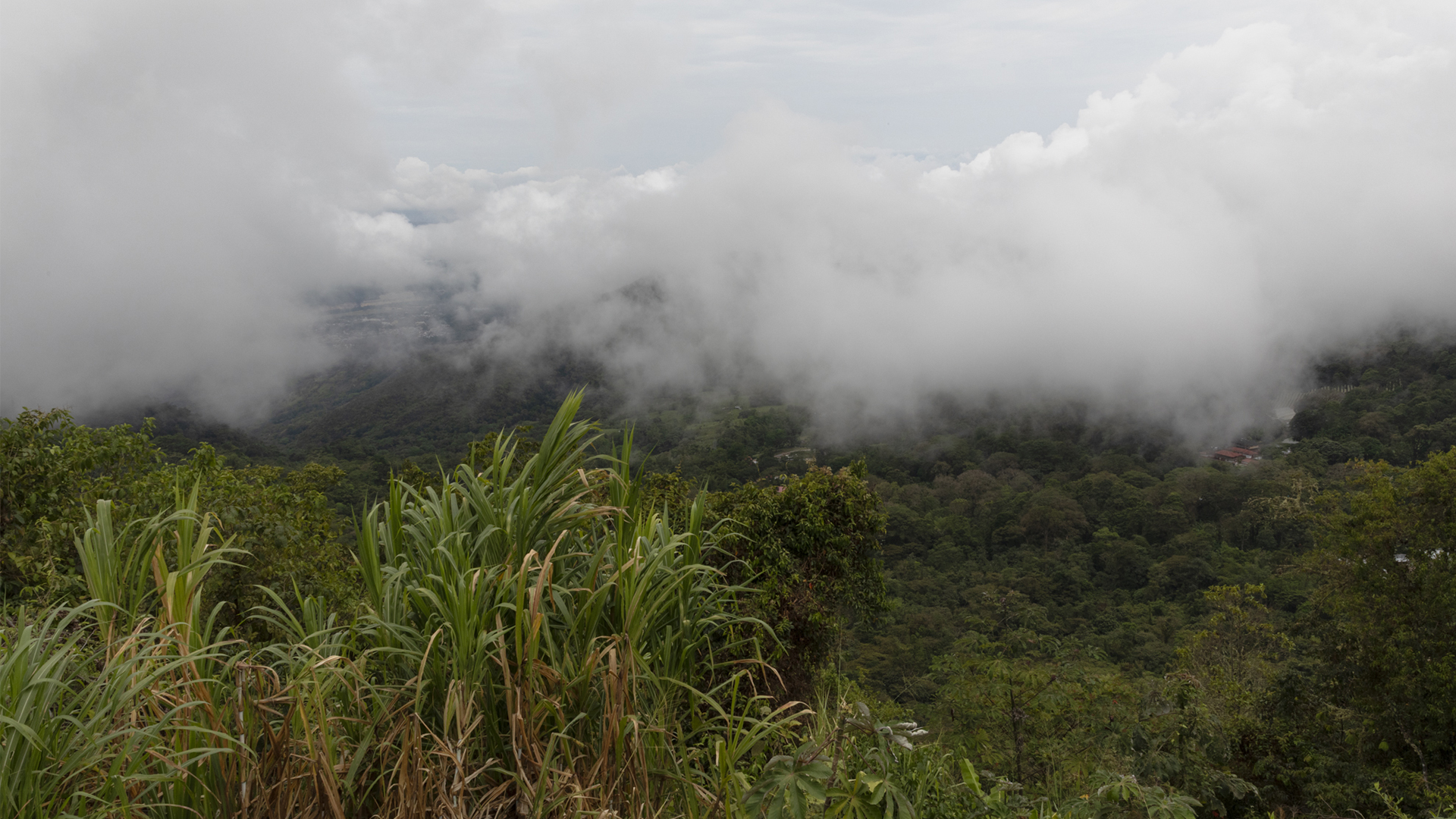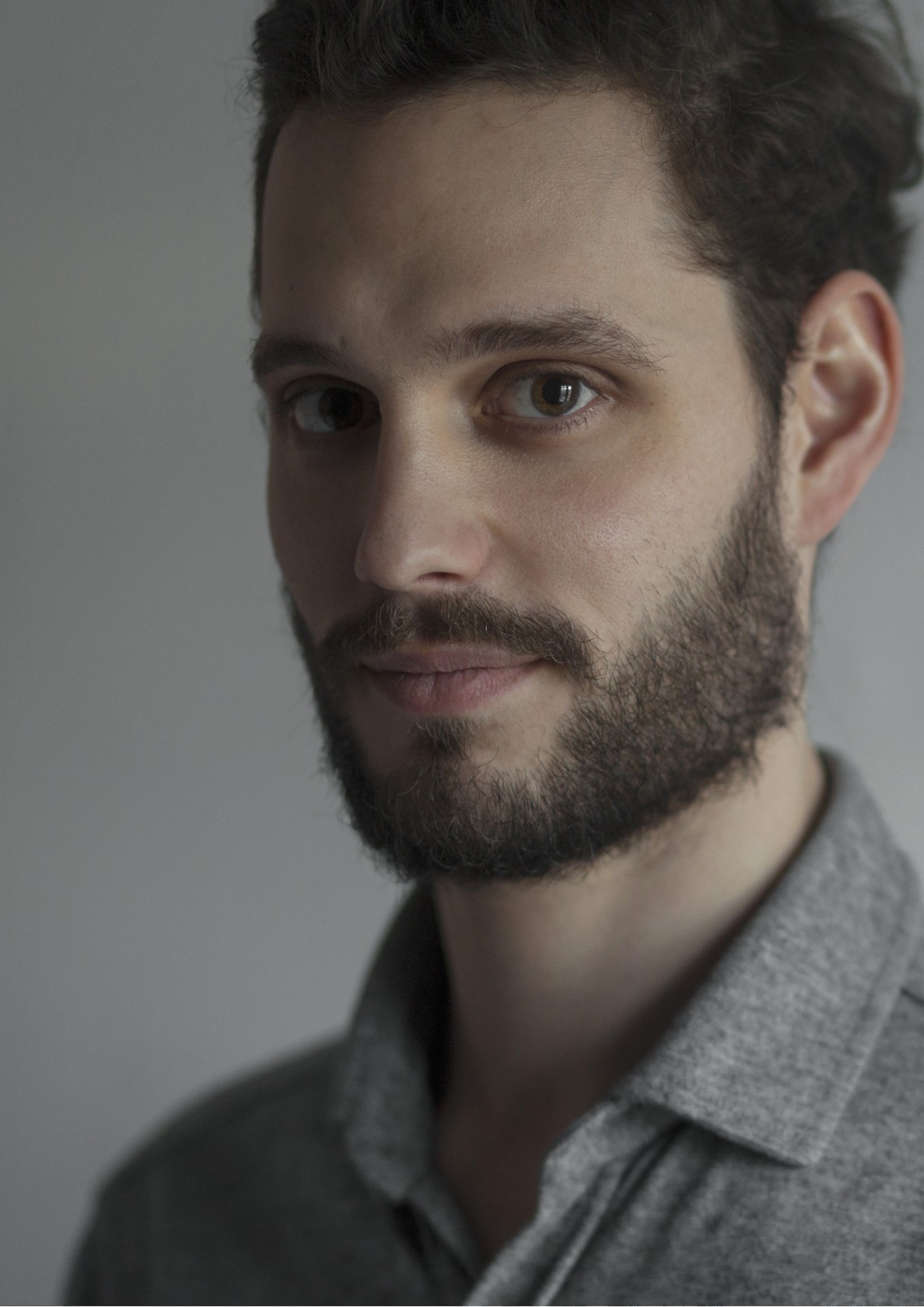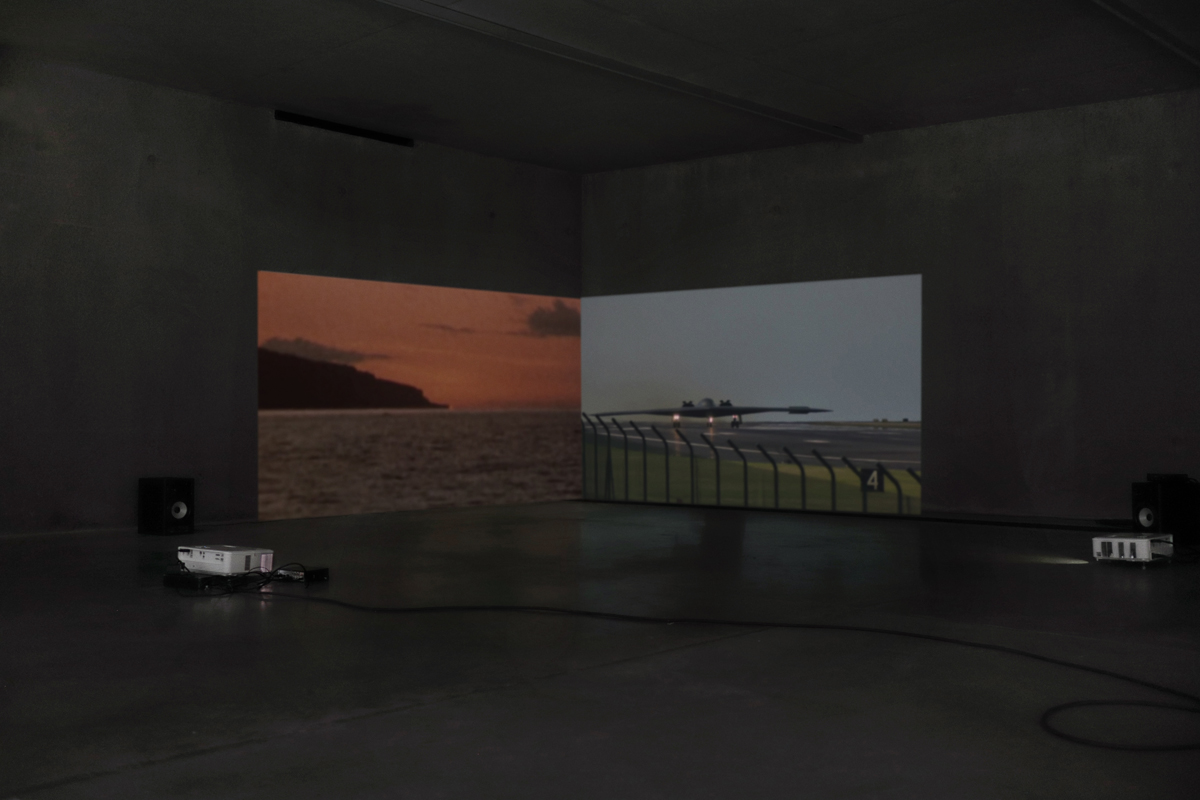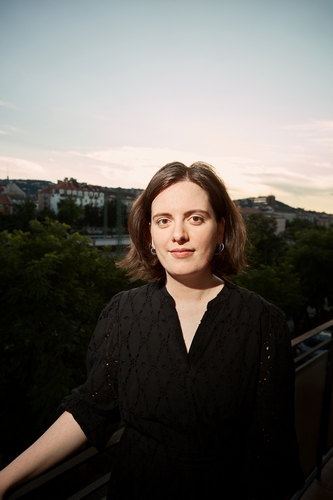
Artist

Umberto
I N S C T S
Similarly, the five contemporary photographers PHotoESPAÑA is nominating for FUTURES this year are developing work that stands out on today’s scene, offering five different yet complementary perspectives that provide an overview of contemporary practices, ranging from documentary (Umberto Diecinove) to a type of expanded photography that incorporates performance (Monica Egido), to work with the photobook format (Irene Zottola) and conceptual photography (Laura San Segundo and Rita Puig-Serra Costa). In 2022, PHotoESPAÑA closely tracked these artists’ progress.
In her project Ícaro, published as a photo book in 2022, Irene Zottola uses photography to offer a mystical fable as a metaphor of the contemporary world. In FOMO, also from 2022, Mónica Egido uses a performative duel to represent the need to stop and observe ourselves silently for an extended period of time. In The Circular Enclosure, a project currently underway and started in 2023, Laura San Segundo resolves a succession of landscapes as mental sites where the dialogue takes place between photography and the subconscious and is capable of transcending the inherent meaning of an image or element. In Anatomy of an Oyster, started in 2018 and still underway, Rita Puig-Serra Costa uses the photographic image to formulate a first-person journey into the past, in an attempt to tell a story of violence and abuse silenced by time. Finally, in the ongoing project INSCTS, Umberto Dicienove sets out to document the potential change we can achieve with insects, providing a global view with a special focus on people working on this change and those who will benefit from it.
Mónica Egido and Umberto Diecinove developed their projects as part of our MA in photography and artistic projects – the festival’s training programme. Laura San Segundo and Rita Puig-Serra Costa stood out within the set of projects submitted to the Discoveries viewing programme. And the Irene Zóttola’s photobook Ícaro was chosen for the 2022 PHotoESPAÑA award for Best Photography Book of the Year.



















Faces%252520of%252520Predictions_003.jpeg)













